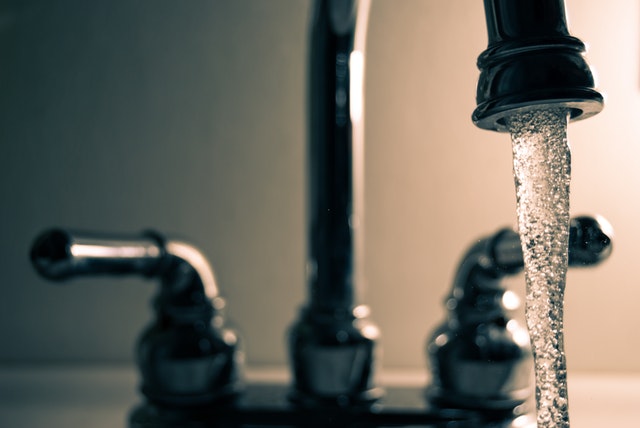How to reduce water hardness?
- By Sargis Yengoyan
- 15 Mar, 2024

Hard water is water with an excess of hardness salts, these include calcium and magnesium salts. By themselves, these compounds are neither “good” nor “bad”, but when they are dissolved in water, there is no benefit in them. Hard water is a problem: it is unpleasant to drink, and it also spoils equipment, skin and hair. How to make it soft and put everything in order, we will tell you in this article. Some cities and regions are lucky with water — it is initially soft at the source, while others are not. If we are talking about urban apartments, it should be borne in mind that water utilities do not deal with softening. The issue of comfort is entirely in your hands.
For drinking and cooking
Scum is a spoiled kettle and an appetite. The taste of drinks on hard water turns out to be specific. The broth is bound to be cloudy.
For washing hair, washing, showering and bathing
Soft water helps to prevent dryness and irritation of sensitive skin, give shine to hair. Shampoos and other detergents foam much better with it. Fewer of them are needed, because they are spent more slowly, and this is a direct saving.
For household appliances
The elimination of hardness salts protects the washing machine and dishwasher from premature repairs, as well as smaller appliances — a slow cooker, a coffee machine. The humidifier will not “irrigate” furniture with white dust, and the steamer and iron will spoil clothes with stains.
For the aquarium
Fish also need clean water! For them, this is the main habitat, and just as it is harmful for us to breathe burning and road dust, so they do not live well in muddy water with an excess of impurities. Different species need different concentrations of salts (and for many, hard water is generally contraindicated). Here you need to start specifically from the needs of the inhabitants of your aquarium.
For watering flowers
Indoor plants are very whimsical “tenants”. It is better to defend water for them, they should be of moderate temperature and with a moderate mineral composition. For some of them, an excess of hardness salts leads to a violation of the absorption of nutrients from the soil, and plants begin to get sick. Different means are used for different purposes. For example, polyphosphate filters or chemicals are suitable for protecting a washing machine, but are unsuitable for drinking water. Small reverse osmosis systems for washing are very effective, but they are used primarily for drinking water, their performance is not enough for the whole house. You need to clearly understand what is your priority.
Methods of softening water at home
Softening methods do not remove hardness salts from the water, but only slightly reduce their concentration and at the same time either take a lot of time or provoke “side effects”. Infusing water on shungite or silver spoons, freezing, adding vinegar — all these are more entertaining experiments than working techniques.
Available methods of softening water “with your own hands” that have the right to life:
Boiling
When heated, part of the hardness salts precipitates, scale is obtained. And with it, a spoiled teapot and not the most delicious tea.
It is generally impossible to boil water for an aquarium — there is no dissolved oxygen left in the water.
Chemical additives
The use of acid—based household chemicals will help soften the water - but not for drinking, but for technical needs. Such additives do not eliminate salts from the water, but simply do not allow them to precipitate and harm the heating elements.
The method is suitable for a dishwasher and washing machine, but not for a coffee machine in any way — such substances do not belong in a cup. In order not to repair and clean your coffee factory with annoying regularity, you need special filters for drinking water — we will talk about this below.
There are no available folk methods of softening water for washing and showering.
Since the volumes are large, you cannot do without special equipment.
Softening of water with filters
There are different types of filters that work according to different principles and give different results. Filters that do not soften water do not mean bad filters, because soft water is not needed for all tasks. And some regions are lucky with water and there is simply no need to soften it.
What is the best method to soften water?
The choice of method depends on the purpose.
- For drinking water, the best solution is a reverse osmosis filter.
- To soften the water in the bathroom and shower or to clean it in a private house, special equipment is needed — perhaps a complex of several systems.
Experts will help you choose.
Soft water is an investment in your comfort: it not only greatly simplifies life, but also saves you money by protecting household appliances.
With AQUAFOR filters, you get clean water, the best technology and health care — for you and your loved ones.